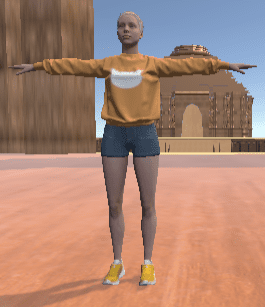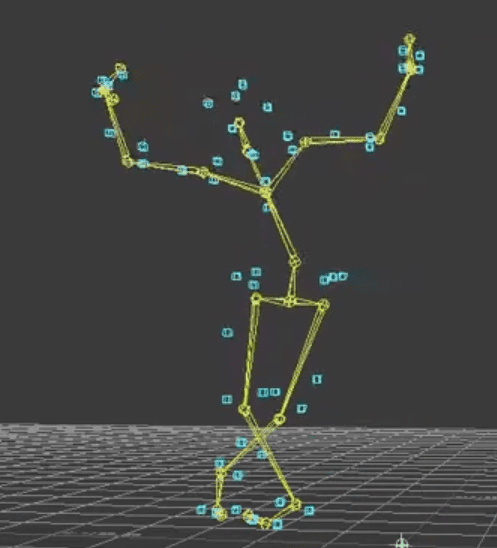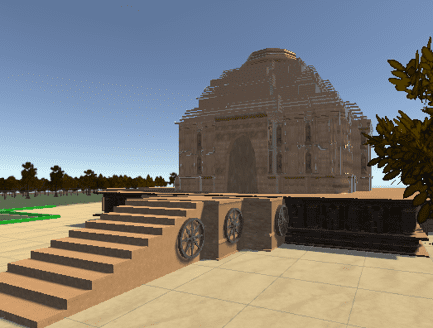Night Owl Projects
Oro – Play Beta on https://cltnightowl.itch.io/
2D Game
Education and Advocacy, Communities and Cultures, Arts and Expression
Summary:
You are Bogotá, a Muisca hero trying to save gold religious artifacts from Spanish invaders. Save all four artifacts before the Spanish steal them!
Project Overview:
Pro began as a State Department Global Game Jam submission by professors Brtis, Bahamón, and Freeman in Fall 2022. In spring 2022, Night Owl hired three art and computer science students to revise the graphics and UI and polish the game programming.
Technical Information:
Created in GameMaker, Procreate, and Photoshop. Oro will be published to HTML5, Mac, and Windows standalones.
Faculty Leads:
Chelsea Brtis (Art & Art History)
Julio Bahamón (Computer Science)
Heather Freeman (Art & Art History)
Student Collaborators:
Juliet Burton (Art & Art History)
Robert Lopez-Perez (Computer Science)
Rachel Pointer (Computer Science)
Funding:
CoA+A Research Grant
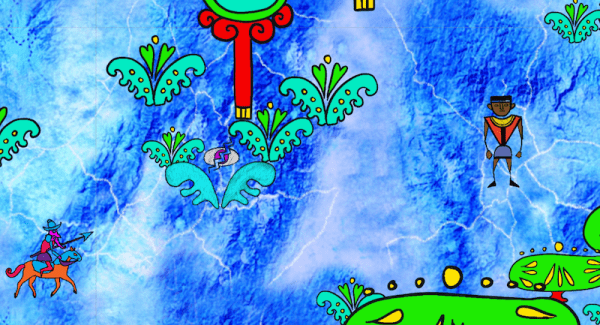
Glitch Defense
2D Game – In Progress
Education and Advocacy, Ethics and Social Responsibility
Summary:
A fellow middle-schooler clicked on an email link, and now she’s held hostage inside the Glitch System! It’s up to you to enter the Glitch System and save your friend by solving cyber security problems along the way.
Project Overview:
Initiated in 2019, the project’s goal was to improve upward mobility by engaging children in K-12 from under-represented populations in Science, Technology, Engineering, and Math (STEM) fields by fostering awareness of and positive attitudes toward pursuing careers in these disciplines. Additionally, the project would advance informal learning of digital literacy (specifically on cyber-privacy) through the digital game Glitch Defense. Glitch Defense makes learning about cyber-privacy and Computer Science topics fun and teaches children to make informed, ethical decisions about their own digital privacy and the information security of those around them. This approach became especially significant during the COVID-19 pandemic since games allowed engagement with communities online. Glitch Defense presents storylines and graphics appropriate for elementary, middle, and high school student levels. It presents essential cyber-privacy learning modules about email, web use, phones, and smart-home security. Players move through security-based challenges with fun avatars and level up in complexity as they play. The game teaches necessary skills important for digital awareness not typically available to those in economically fragile communities. Currently available in English, a Spanish language version will also be created, and the game is playable without high bandwidth or expensive hardware, to best serve the target communities. The project leverages established partnerships with three Charlotte-Mecklenburg Computer Science magnet schools serving minority and low socio-economic status students. These partnerships enabled project leads to collaborate on game-level content, and pilot the game in the communities targeted for economic mobility. Funded by a Gambrell Foundation grant, the production of Glitch Defense started with a team of one computer science student and three art students in Fall 2020, and a working prototype is anticipated for Summer 2022.
Technical Information:
Created in GameMaker, Procreate, and Photoshop. Glitch Defense will be published to HTML5, Mac, and Windows standalones.
Faculty Lead:
Julio Bahamón (Computer Science)
Affiliate Faculty:
Audrey Smith Rorrer (Computer Science)
Meera Sridhar (Software and Information Systems)
Heather Freeman (Art & Art History)
Student Collaborators:
Isabella Trivelle (Art & Art History)
Rishi Calla (Computer Science)
Venkata Achanta (Computer Science)
Samantha Farley (Art & Art History)
Natalie Flinchum (Art & Art History)
Autumn Martin (Art & Art History)
Funding:
Gambrell Foundation
CoA+A Research Grant
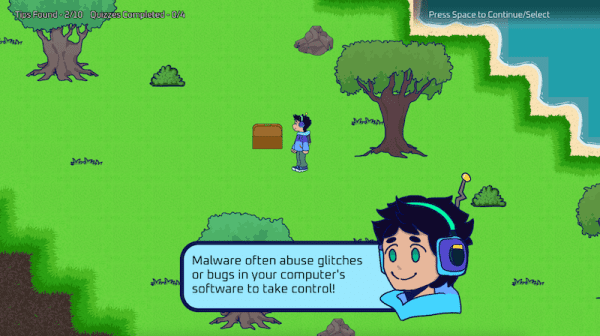
Legacies
AR (Augmented Reality) – In Progress
Education and Advocacy, Communities and Cultures, Arts and Expression
Summary:
View artist Danielle Walden’s rendering of the historic Brevard Street Library for Negroes as augmented reality at the corner of Brevard and E. MLK Boulevard in Charlotte, North Carolina.
Project Overview:
This AR (augmented reality) app provides an artistic rendering of the historic Brevard Street Library for Negroes, at its original location. The original artwork was created by Illustration Concentration BFA student Danielle Walden. Opened in 1906 and overseen by Allegra Marie Westbrooks, North Carolina’s first Black female librarian, the library was once at the intersection of Brevard and East Martin Luther King Blvd. The AR will include audio excerpts from the chapter on Westbrooks from Dr. Debra Smith’s 2018 book Legacies: African-American Female Pioneers. Future expansions of this AR will cover additional chapters in Dr. Smith’s book on Black women during Charlotte’s Civil Rights movement.
Technical Information:
Created in Photoshop, Procreate, Blender 3D, and Adobe Aero (for the video prototype). Legacies will be published as an app for iOS and Android mobile devices.
Future Plans:
The released AR is being produced in Unity 3D for Android and iOS devices. A WebXR version will also be explored using Unreal Engine. Finally, a Spanish language version of Dr. Smith’s text will be created as well. As noted, this project will eventually include other chapters from Dr. Smith’s book Legacies.
Faculty Leads:
JB Burke (Art & Art History)
Heather Freeman (Art & Art History)
Debra Smith (Africana Studies)
Affiliate Faculty:
Julio Bahamón (Computer Science)
Student Collaborators:
Danielle Walden
Funding Sources:
OUR Research Scholars Program
View a video of the prototype here.
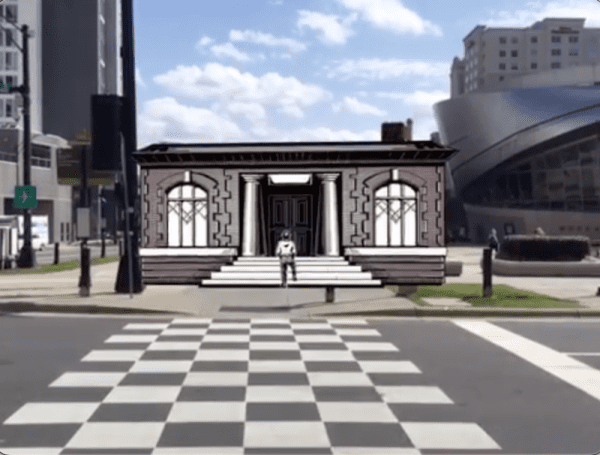
Plávana
VR (Virtual Reality) – In Progress
Summary:
Plávana (meaning ‘immersion’ in Sanskrit) is a VR game providing immersive introductory training in the eastern Indian classical dance tradition of Odissi.
Project History:
Plávana was originally funded as a D+ARTS (Digital Arts Center) grant from the College of Arts + Architecture. Although the pandemic disrupted production, it resumed in Spring 2022. In this VR game, the player carefully copies the movements of a dance instructor. Through motion tracking, the player can view their own avatar and the AI instructor can help them improve their form.
Future Plans:
The working prototype will be delivered between May and December 2022, depending on additional funding sources. With this working prototype, we will seek funding to expand the platform to teach additional dances forms from around the world.
Technical Information:
Created in Unity 3D and Blender 3D, with motion capture from a Rokoko motion capture suit. Prototype testing of Plávana targets the HTC Vive and Oculus Quest/Quest 2 and will be published to these platforms.
Faculty Leads:
Julio Bahamón (Computer Science)
Kaus Sarkar (Dance)
Affiliate Faculty:
Heather Freeman (Art & Art History)
Student Collaborators:
Hugo Arteaga Cortez (Computer Science)
M. Brian Curlee (Computer Science)
Taylor Newman (Computer Science)
Hunter O’Connor (Computer Science)
Funding Sources:
D+ARTS Faculty Research Grant
CoA+A Research Grant
